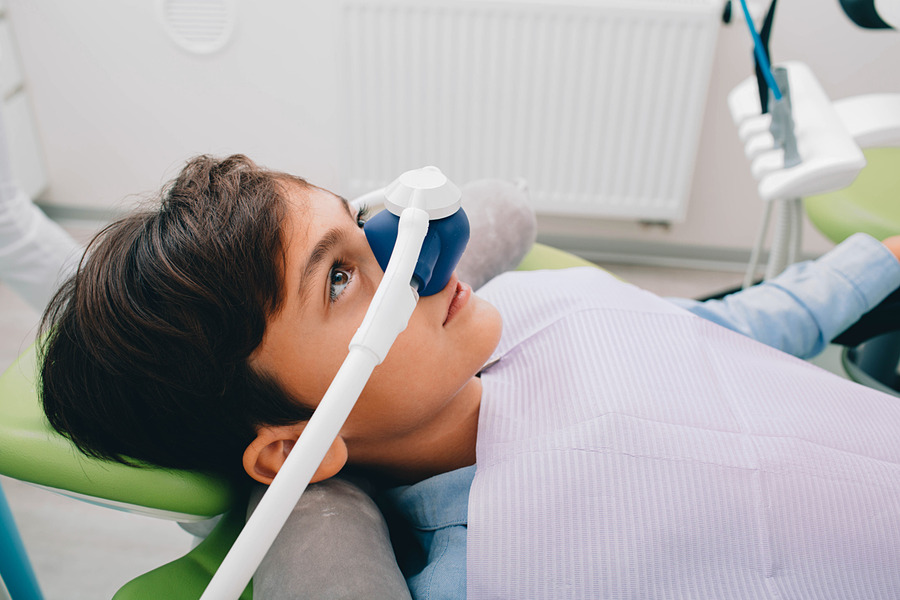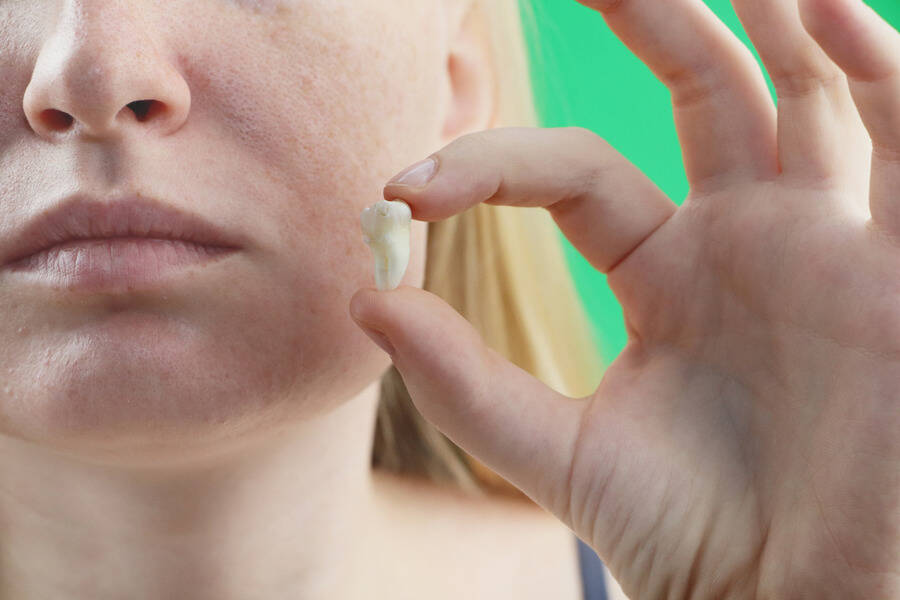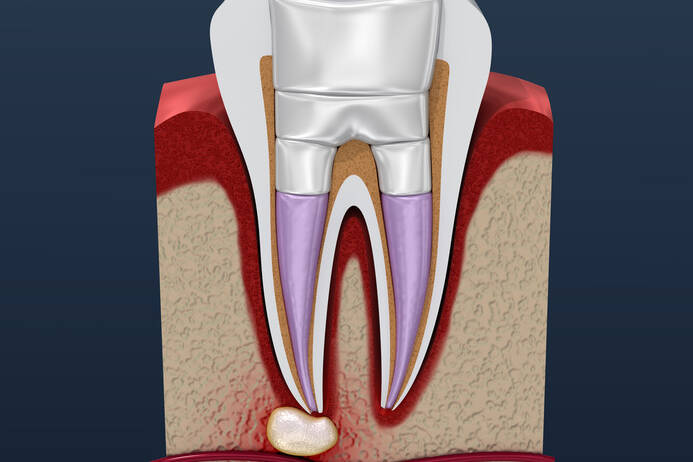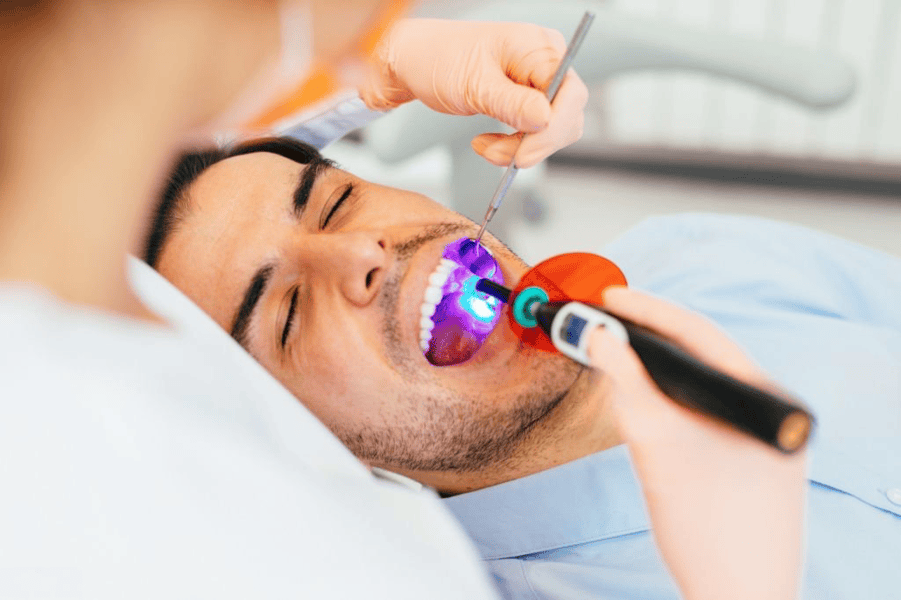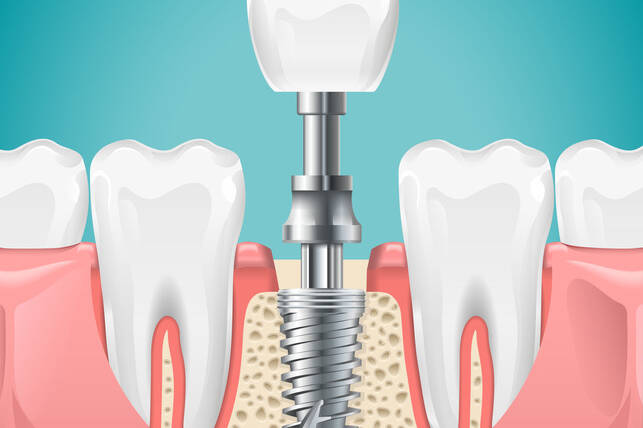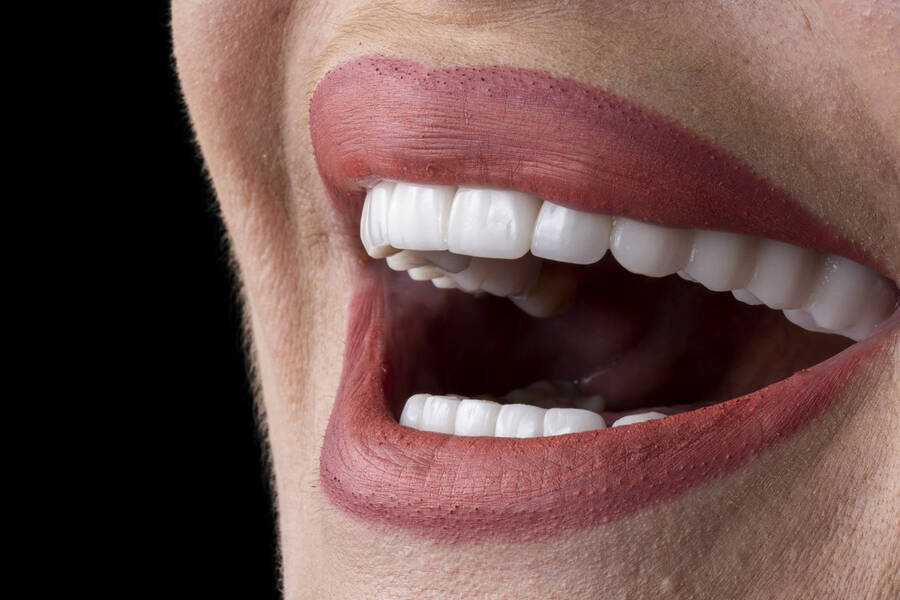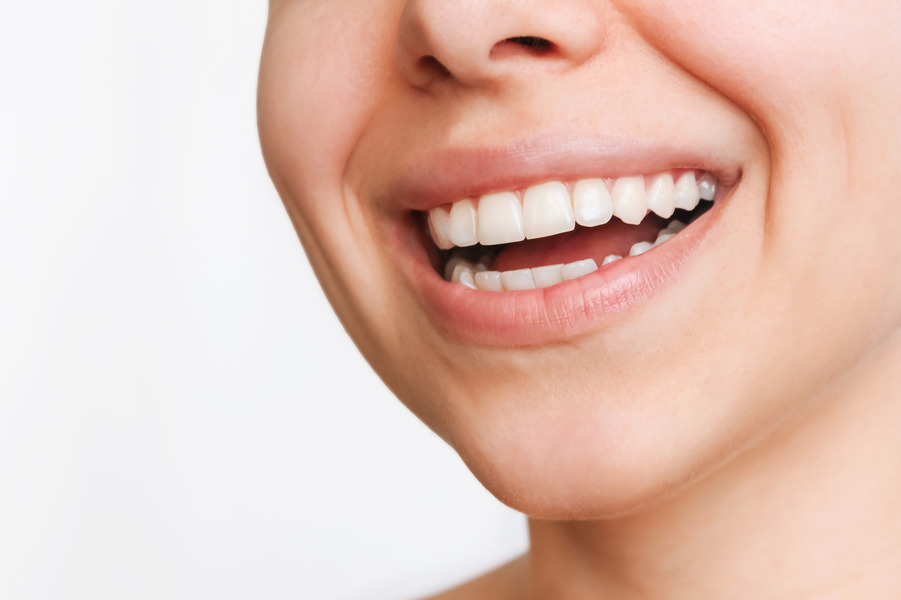Visiting the dentist for routine check-ups and cleanings may not be everyone’s favorite task. However, at Allwood Dental, our friendly team and state-of-the-art clinic make your dental visits comfortable and pleasant. Regular cleanings not only keep your teeth fresh and clean but also help prevent tooth decay and cavities from compromising your smile. Schedule an appointment with Allwood Dental to keep your teeth healthy and sparkling.
Top Rated Dental Practice for Dental Cleanings
The saying, “an ounce of prevention is worth a pound of cure,” perfectly applies to dental health. Routine cleanings are much more effective than corrective dental procedures. By visiting the dentist every six months, you can ensure your teeth and gums stay in top condition.
During your cleaning, one of our skilled hygienists will examine your mouth for signs of gum disease, cavities, cracks, or other issues. This will be done with visual examination of the mouth along with all the necessary x-rays. They will then thoroughly clean your teeth to remove plaque and tartar, even in hard-to-reach places, through scaling and root planing. Next comes the polishing with a special paste for that smooth, clean finish. Professional flossing will ensure no plaque or debris remains. Depending on your specific dental health and local water conditions, a fluoride treatment may be included. Lastly, your dentist will do an examination to ensure that any treatment that may be needed and to ensure all teeth, gums, and oral tissues are healthy. We will customize a dental treatment plan to ensure optimal oral health based on your individual needs. By repeating this every six months, you can keep your smile healthy and radiant.
Book Appointment
Our Testimonials
Alisha Dhunna
“ Every time I visit, they give me proper attention and advice. I adore how they listen to your dental problems calmly and patiently, providing you with excellent guidance. Dr. Hans and her team are doing a wonderful job. Thank you for our care. ”
Jasbir Hundal
“ Dr. Hans and her staff are very attentive and caring. They explained the procedures thoroughly and made sure I was comfortable throughout the process. ”
Carole Warren
“ Dr. Hans is so kind and patient, an excellent Denist who will take time, think, and do the work correctly. I highly recommend her! She really cares about you. ”
Macleod Tara
“ So I needed a dentist, as a filling fell out. So I went on Google and looked at the reviews.
I’m so thankful I picked Allwood, friendly atmosphere, clean. The wonderful dentist let me know everything she was doing, she made me feel calm, and in a safe place. Her assistant was just as lovely. I’m definitely going back, we’re going to create a plan. Thank you ladies, for a really great experience. ”
Joe C.
“ This place was very good. I got a very friendly greeting when I walked in and I was put at ease. The dentist was gentle and attentive and took the time to honestly answer all of my questions. All of the staff were pleasant and made me feel very comfortable. ”
Debbie Tait
“ This entire office has eliminated my fears of going to the dentist regularly. Things are always explained clearly so the right decision is reached. Everyone has been beyond patient with me! ”
Our Procedure
01
Exam
An examination by a dental hygienist precedes your dental cleaning. Your teeth and gums will be examined for any potential issues, such as gum inflammation. The examination should go as expected if you have been constantly brushing and practicing proper oral hygiene. But before starting the cleaning, the hygienist might speak with the dentist if there is a serious problem.
02
Removal of Plaque and Tartar
Plaque is a sticky bacterial film that forms on your teeth, hardening into tartar around the gum line and between teeth if not removed. While daily brushing and flossing help prevent plaque, only a professional cleaning can eliminate tartar through scaling and root planing. During this process, a dental hygienist uses a scaler and small mirror to carefully remove buildup, and some minor bleeding may occur depending on your oral hygiene habits.
03
Polish
After scaling and root planing, the dental hygienist will polish your teeth using a high-powered electric brush and a professional-grade, abrasive toothpaste. This method, typically done twice a year, goes beyond regular brushing to keep your teeth bright and is essential for maintaining optimal oral health.
04
Flossing
Professional flossing follows to ensure no traces of plaque or tartar remain. While often overlooked, flossing is vital for removing bacteria and debris that brushing misses, protecting both teeth and gums. Some may notice bleeding at first, but this decreases as your gums become healthier.
Frequently Asked Questions
A dental cleaning is advised at least once every six months. This frequency will depend on your specific demands and dental health state. People at a higher risk of gum disease, for example, may benefit from more frequent cleanings. It is critical to consult with your dentist about the optimum schedule for you.
No, a dental cleaning does not hurt. Most people experience some minor discomfort during the cleaning process, although it is usually mild and only lasts a few minutes. The hygienist cleans your teeth and gums using a unique method and tools, and she will ensure that you are comfortable throughout the operation. If you feel any discomfort, notify the hygienist, and they will take steps to alleviate it. Some people may suffer sensitivity following a cleaning, but this is typical and should go away after a few days. Overall, dental cleanings are intended to be as painless as possible and are an essential element of maintaining good oral health.
- Are you experiencing sensitivity or pain in your teeth?
- Have you noticed your gums are red, swollen, or bleed when brushing or flossing?
- Is it been more than six months since your last dental cleaning?
- Have you noticed an increase in bad breath or a persistent bad taste in your mouth?
- Are you experiencing any changes in the way your teeth fit together when biting?
- Are you experiencing any discomfort or pain when chewing?
If you answered “yes” to any of these questions, it’s a sign that you may need a dental cleaning. Book an appointment with your dentist today to ensure optimal oral health.

